No election promises about ethnic reconciliation
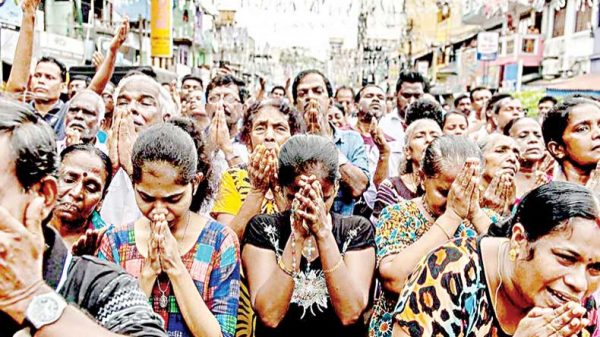
THIS has been among the most promising elections if the number of election promises that have been made are counted. The presidential candidates seem to be determined to outdo the other when it comes to the promises they make in their election manifestos. If one promises free fertiliser for paddy production another will promise it free for all agricultural production; if one offers a salary hike to the working class, the other promises more. Even tax breaks to companies are not exempt with a race to the bottom to reduce them to the corporate sector. At the same time direct welfare payments to those with a lower income are being promised with the money, which is sky high, to come from somewhere.
But there is one area in which promises are hardly to be seen. This is the area of proposals to end inter-ethnic and inter-religious strife, which has for long been the main unresolved problem in the country and its permanent dividing line. Nor is the question of healing the wounds of the past, and dealing with the human rights violations that took place on all sides during the three decades of war being addressed and neither the failure to find a political solution that would address the roots of the conflict. Indeed, some of the candidates make no mention of such a problem to be addressed. They pledge to have a strong government that would prevent the country from being divided and to protect its sovereignty from internal and external forces.
The focus on strong government as the solution to the problems besetting the country is not unique to Sri Lanka. The Indian electorate recently re-elected the government led by prime minister Narendra Modi by a big majority. The Indian government has recently demonstrated its strength by terminating the special constitutional arrangements for governing the state of Kashmir which even the Indian judiciary, famed for its independence, is not willing to reverse. In the Philippines, tens of thousands of alleged drug dealers and addicts have been killed on the streets, but president Rodrigo Duterte continues to have high popularity ratings despite the human rights violations taking place under his government.
Different path
CONTRARY to this trend in the world of voting in authoritarian governments that would unify their societies, in 2015, Sri Lanka took a different path and voted in a government that promised to uphold human rights and good governance and improve the economic conditions of the people on that basis. However, the failure to deliver on these promises to the satisfaction of the general public is now putting into doubt the gains so far made. The allure of strong government at the cost of giving less priority to human rights and reconciliation seems to be high. The forthcoming presidential election will be crucial in determining the course that Sri Lanka takes in the next five years, as its outcome will heavily influence the general elections that are to follow.
Among the government’s successes, the improvements in the sense of freedom of expression and freedom from the fear of being made to disappear have been considerable. These are not visible to the physical eye, as in the case of highways, airports and ports, and construction of high rises, but are felt in the heart. The main success of the government has come alongside its weakness as a government compromised by internal divisions, in that it strengthened key institutions of state, such as the judiciary and Human Rights Commission and set up new ones such as the Right to Information Commission. These institutions have performed admirably due to independent leadership following their appointment by the Constitutional Council, and not at the whim and fancy of the president, as done previously.
However, it is also possible that the majority of the electorate will see other matters as being of more importance to them. The government has failed to perform according to expectations in many key areas, including economic development and preventing national security breaches. The Easter Sunday attack may have been the only such breach, but it was so massive and the failure of the government leadership was so manifest, that it has discredited the government to a very high degree. In these circumstances, there is the possibility of a change of government into the hands of those who promise strong government and national security as priorities, rather than the protection of human rights and the checks and balances that come from the independence of other institutions of state.
It is not only in India, the Philippines and Sri Lanka that the liberal values of a multi-ethnic, multi-religious and pluralist society are being challenged. Even in the oldest democracies of the world, the United States included, there is an increase in nationalism and reduction in tolerance for those of different cultures. However, in both Western European countries and the United States, those who are elected to power by the majority vote and seek to undermine the human rights of others are being resisted at every level. The systems of power sharing in the long standing democracies are deeply rooted at every level, in local and county government, in the autonomy given to state and provincial governments and in the independence of their judiciary and media.
The value of democracy is that not only the will of the majority prevails, but that it distributes and shares power amongst different institutions, ensures human rights and freedoms of the individual and thereby guarantees against dictatorship. These institutions, such as the media and judiciary, and the human rights commission and right to information commission, exercise controls over the government leaders so that they do not end up becoming independent of those who voted them into power. The true democratic leadership will not see other state institutions as rival centres of power to be opposed, confronted or suppressed, but as essential parts of the system of government to ensure democracy and the well-being of all.
During the civil rights conflicts of the 1960s in the United States, the oppressed black minority fought against those who discriminated against them on the basis of their race. But there were enough white political and civil society leaders who stood with them and supported them even at great risk to themselves. The book Best of Enemies: Race and Redemption in the New South by Osha Gray Davidson, which focuses on the rivalry between civil rights activist Ann Atwater and Ku Klux Klan leader CP Ellis is one example of how even anti-black political leaders could change their minds after a long process of engagement. Regardless of the outcome of the presidential election, the work for inter-ethnic and inter-religious justice, harmony and reconciliation, and for a change of heart, will have to continue as it does in other countries including India, Philippines and the United States.




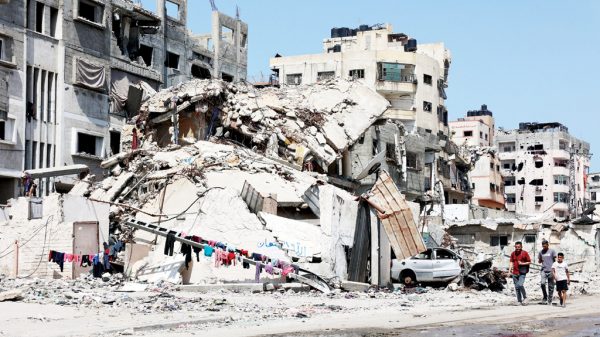
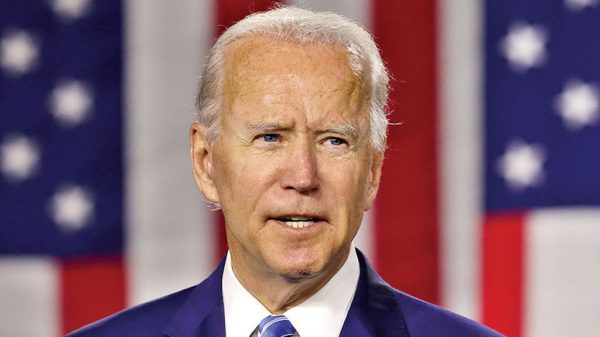

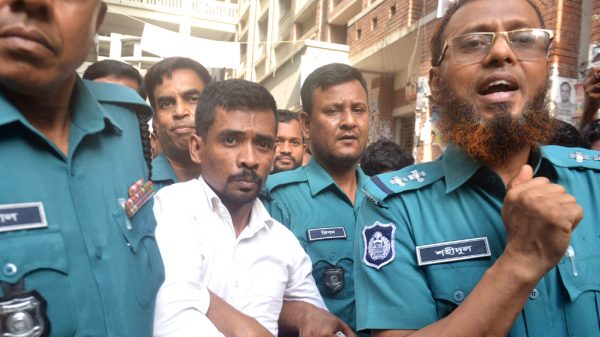

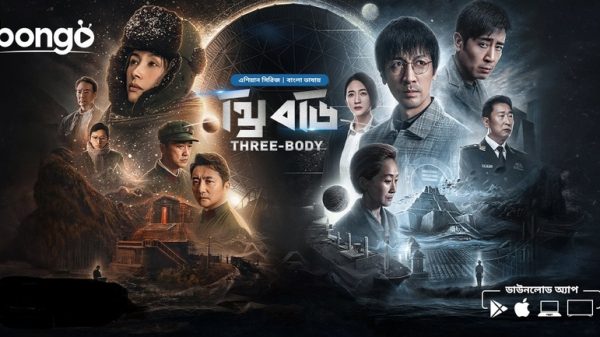













Leave a Reply